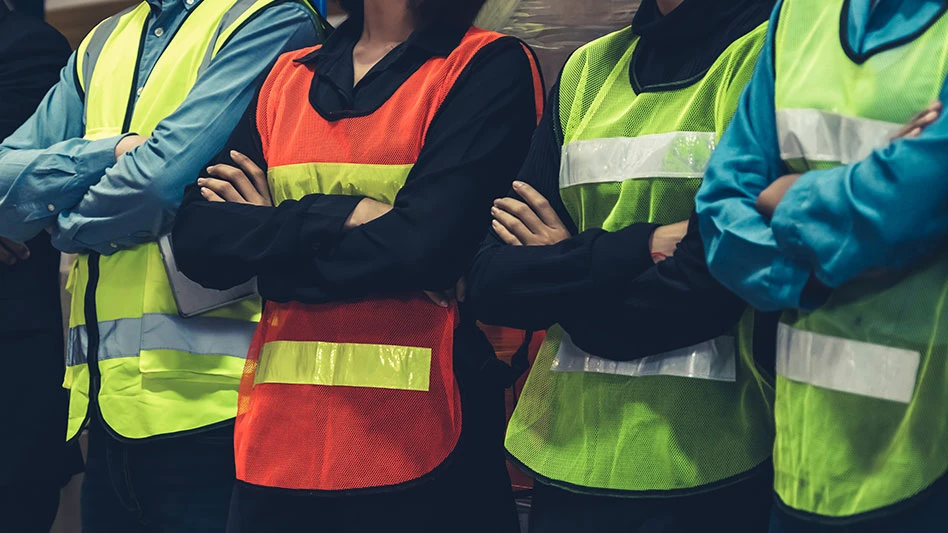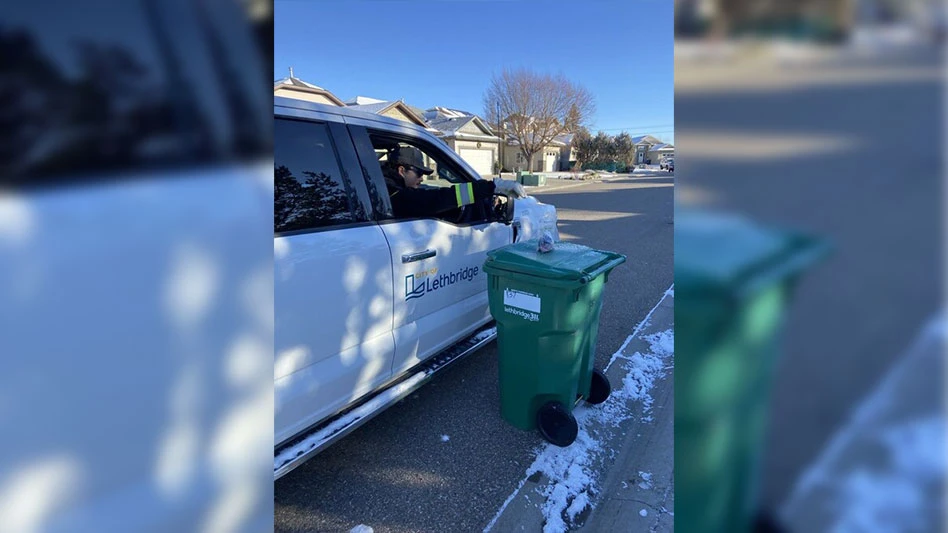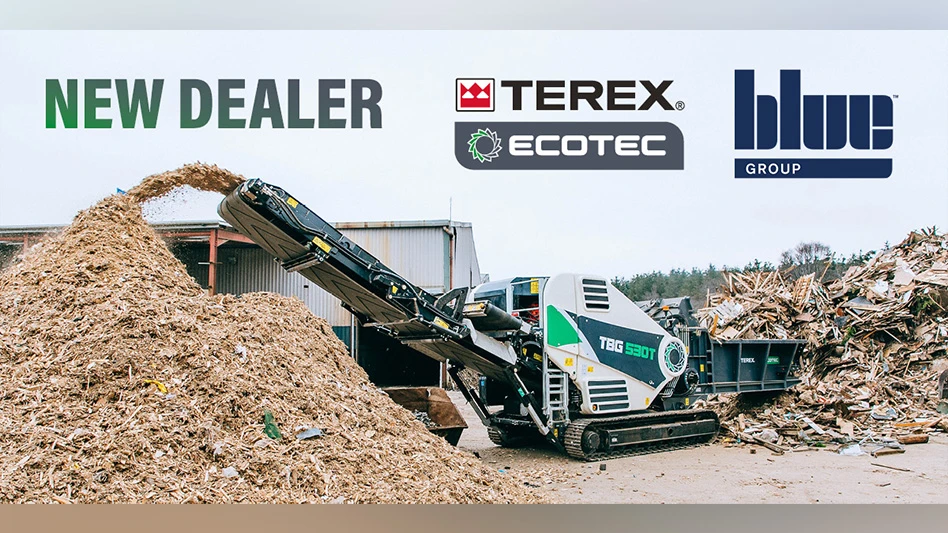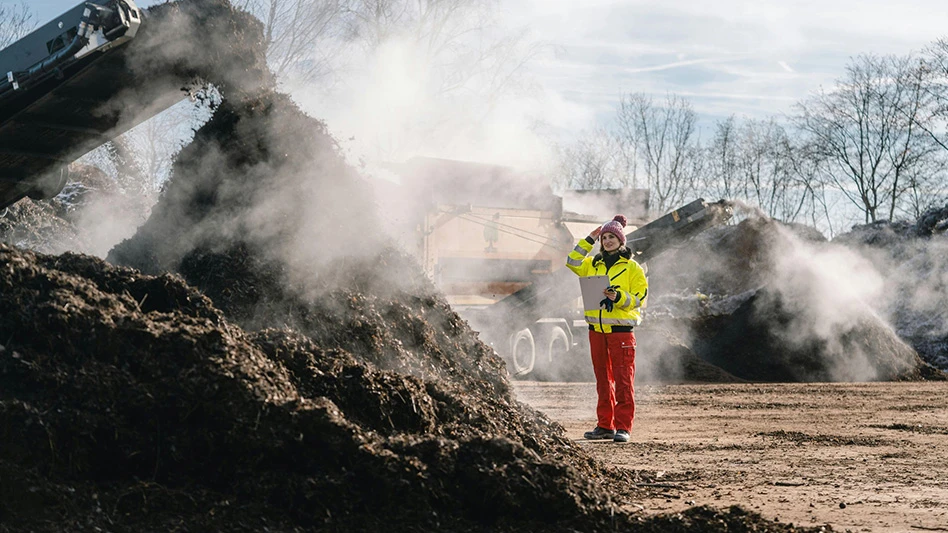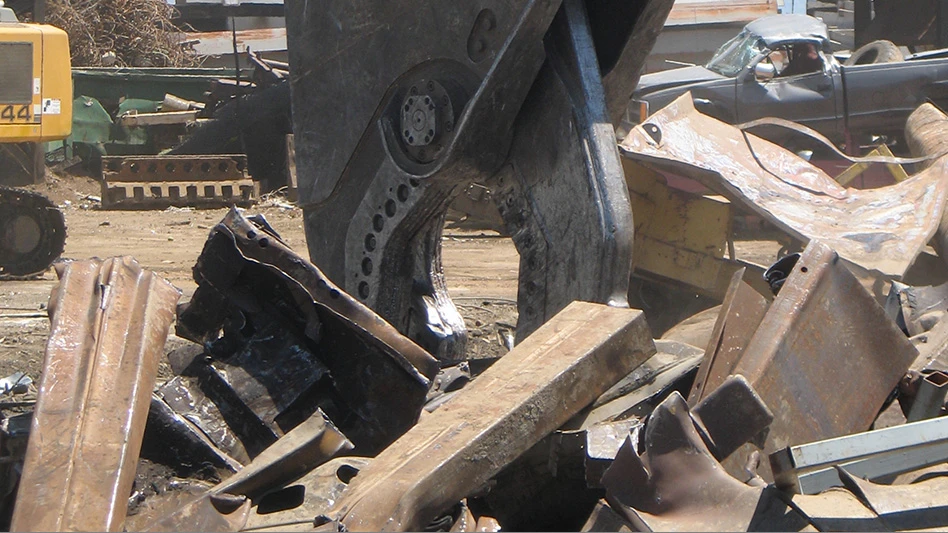
Infinitus Energy, Plantation, Florida, has announced it has temporarily ceased operations at its advanced mixed materials recovery facility in Montgomery, Alabama, called Infinitus Renewable Energy Park (IREP) Montgomery.
In a statement issued by Infinitus Energy, the company says, “We plan to meet with all project participants in the coming weeks and with Mayor Todd Strange and city officials later this month to review a detailed plan that would allow us to resume operations.”
The company statement quotes Kyle Mowitz, Infinitus CEO: “One key element of a successful materials recycling program is the ability to sell recovered material at a price that will support the recycling process. While our customers have been satisfied with the material we have reclaimed, unfortunately the market price for these materials have dropped dramatically.”
The statement continues, “The goal of diverting and recycling materials instead of sending them to the landfill has been an important environmental goal for IREP@Montgomery, since the inception of the public-private partnership with the city of Montgomery. The proposed plans will require cooperative efforts on all fronts to deal with current market pricing issues. However, it is possible to minimize the impact these temporary conditions will have on the city’s long term goals of recycling and diversion by keeping the facility in operations and working together until the markets improve. We appreciate the public’s understanding and will continue to keep the community updated as this process continues.”
According to an article in the Montgomery Advertiser, the plant employs 100 people and was diverting more than half of the trash it was receiving from the landfill at the time of the announced closure.
The article said company officials and city leaders plan to meet with new investors Oct. 22, 2015.
Strange tells Recycling Today, “The technology of the plant is working just as expected and is doing extremely well. The issue is the historically low commodities pricing.”
Strange explains that Infintus based its pro forma on 10-year averages for it commodities pricing, but prices have been only 20 percent to 30 percent of the historical averages.
“It is a leading-edge facility. The technology works; the commodities pricing doesn’t,” says Strange.
Strange says the city has held to the terms of its contract, providing 100,000 tons per year to the facility and paying a $28-per-ton tipping fee. The city also is receiving 40 percent to 50 percent of the recycling revenue.
A composting operation has been proposed and is planned as an additional revenue source for IREP Montgomery.
According to Strange, Infinitus has told the city it has an additional investor that wants to get involved. The meeting in late October will give city officials the opportunity to meet with the new investor.
The news of the temporary shutdown comes as disappointing to Strange, who has been a big proponent of bringing recycling to the city since he became mayor in 2009. (See the article “Leaps and Bounds Ahead,” which appeared in the November 2014 issue of Recycling Today.)
“We are disappointed,” he says. “It is the way to go,” he says of mixed-waste processing. “The technology works.”
He adds that the city is “cautiously optimistic," saying, [Infinitus] have been in a position before to bring in additional investors and have been successful. We have had six to eight companies contact us in the last few days who want to step in.”
If Infinitus is unable to work out an agreement, Strange says the city has a mortgage on the property, and it would be turned over to the city. Until an agreement is reached, municipal solid waste will go directly to the city-owned landfill without being processed at IREP Montgomery, which Strange adds, has plenty of capacity.
Strange says the city of Montgomery is committed to recycling. “We will do everything we can to continue the recycling strategy and to continue the [one-bin] strategy.”
Latest from Recycling Today
- Phoenix Technologies closes Ohio rPET facility
- EPA selects 2 governments in Pennsylvania to receive recycling, waste grants
- NWRA Florida Chapter announces 2025 Legislative Champion Awards
- Goldman Sachs Research: Copper prices to decline in 2026
- Tomra opens London RVM showroom
- Ball Corp. makes European investment
- Harbor Logistics adds business development executive
- Emerald Packaging replaces more than 1M pounds of virgin plastic
